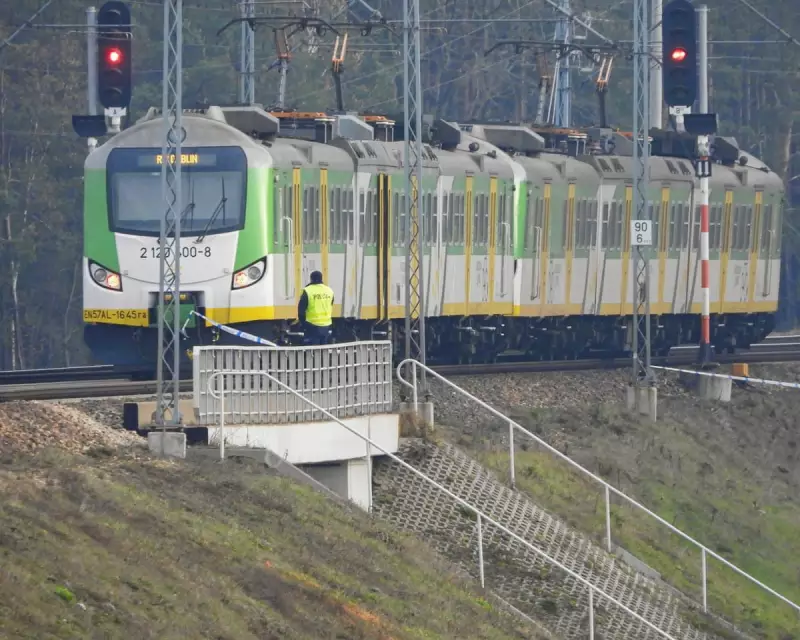
Poland has taken a drastic diplomatic step, ordering the closure of Russia's last remaining consulate in the country following what it describes as an act of state terrorism on its railway infrastructure.
Foreign Minister Radosław Sikorski announced the closure of the consulate in Gdańsk, stating the weekend sabotage attack on a key rail line was ordered by Moscow with the clear intention to cause casualties.
The Sabotage Attack and Arrests
The incident occurred near the town of Mika, in east-central Poland, on the vital Warsaw-Lublin line—a crucial logistics route towards the Ukrainian border. An explosive device damaged a section of track, with a separate incident destroying power cables along a nearby section.
Fortunately, there were no injuries. A regional train driver spotted the damaged tracks and alerted the authorities, preventing a potential disaster.
Polish security services have been swift to respond. A spokesperson, Jacek Dobrzyński, confirmed that four people have now been arrested in connection with the attack. Authorities are actively pursuing both the perpetrators and those who commissioned the act.
Russian Link and International Fallout
Prime Minister Donald Tusk revealed that two Ukrainian citizens, who entered Poland from Belarus and left shortly after planting the devices, have been identified. Poland believes the men were cooperating with Russian security services, with one having a prior arrest for sabotage in Ukraine.
In response to the consulate closure, Russia's foreign ministry pledged to retaliate by reducing Poland's diplomatic presence in Russia. Kremlin spokesperson Dmitry Peskov stated that relations with Poland had "completely deteriorated."
This event is seen as part of a broader pattern. European intelligence services suspect Moscow of orchestrating a campaign of arson, explosions, and infrastructure attacks across Europe, aiming to test defences and undermine support for Ukraine.
Strengthening Defences and Allied Cooperation
Following a conversation with Ukrainian President Volodymyr Zelenskyy, both leaders agreed on a Russian trace behind the attack. They have committed to forming a bilateral working group to prevent future incidents.
At a press conference in Warsaw, Polish defence officials outlined new security measures. The chief of the general staff, Wiesław Kukuła, warned that the long winter nights could be seen by Russia as an ideal time to increase sabotage activity.
In a significant move, Defence Minister Władysław Kosiniak-Kamysz announced Operation Horizon, a plan to deploy 10,000 soldiers to protect critical infrastructure across Poland to counteract acts of diversion and enhance public security.





